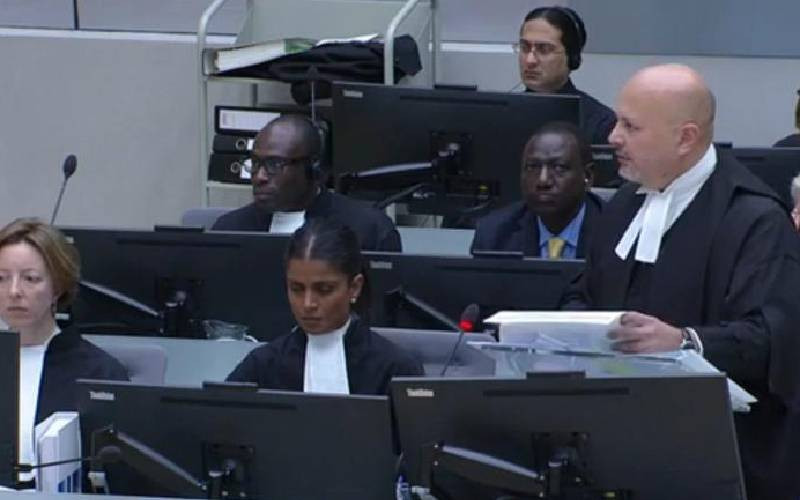×
The Standard e-Paper
Stay Informed, Even Offline

Fears have been raised by Azimio leader Raila Odinga and human rights activists over President William Ruto's alleged signing of the Malabo Protocol last month.
Top government officials, pro-system activists and allied politicians however deny that Kenya signed the protocol ratifying the creation of the African Court of Justice and Human Rights (ACJHR).